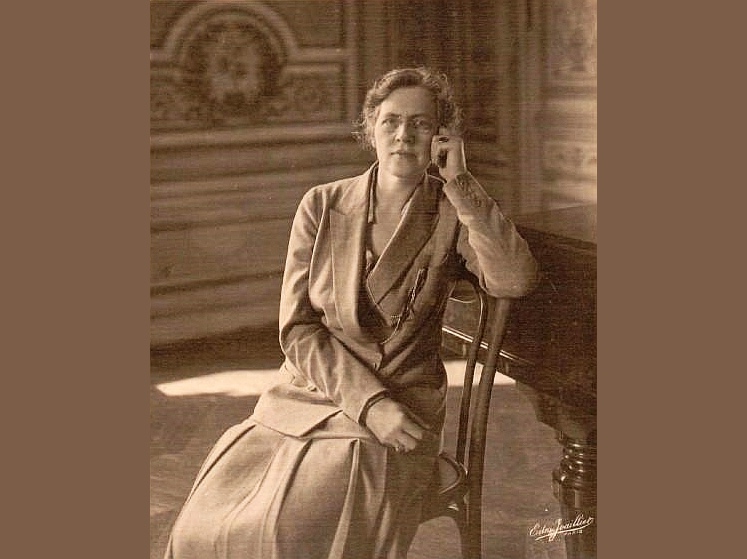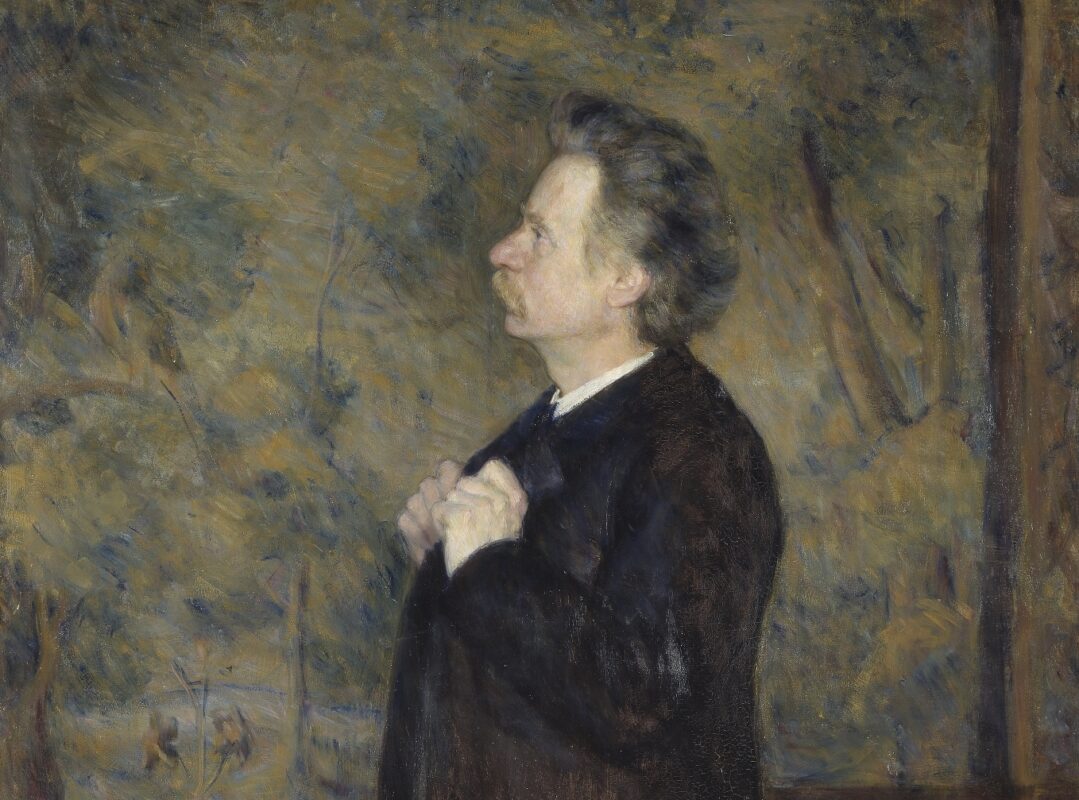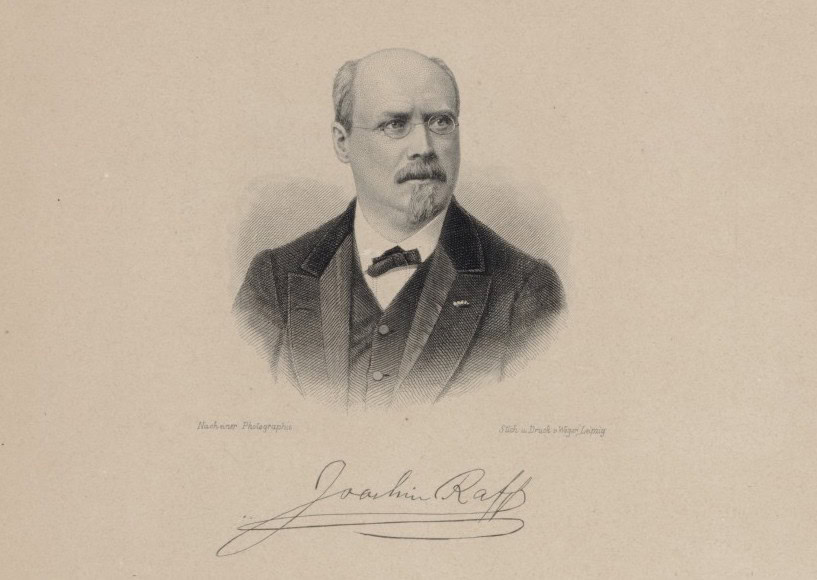The craft and secret of composing
Bruno Monsaingeon's conversations with Nadia Boulanger are now also available in German.

Nadia Boulanger, the grande dame, was a teacher and pioneering discussion partner of Leonard Bernstein, Yehudi Menuhin, Igor Stravinsky and many composers who are not so firmly anchored in the imaginary museum of music history. Boulanger, as this book impressively shows, came from the Romantic aesthetic of inspiration, but remained open-minded into old age. She was never dismissive or even skeptical of the new, although her focus was on French aesthetics and history.
Bruno Monsaingeon has published his book Mademoiselle. Entretiens avec Nadia Boulanger published in 1981, is now available in German, excellently edited and translated by Joachim Kalka. In the foreword, Monsaingeon remarks that Boulanger did not like "making any confidential announcements". This probably explains the somewhat fragmented style of the book, which is based on conversations from the last years of his life. Boulanger is neither a philosopher of music nor a scientist or theorist. Her thoughts are erratic, but not unproductive.
Nadia talks at length about her sister Lili, about her talent and also about Lili's spark of genius, which she herself never had. The book often revolves around themes such as talent, creativity and the creative urge - see "romantic inspirational aesthetics". On page 97, Boulanger states:
"In the question of genius or masterpiece, I must admit my embarrassment. In fact, I know nothing ... I know and I don't know because I have a certainty that is not based on reason. It begins, of course, with a certainty that is partly reasonable, insofar as I state that a piece of music is well written, well orchestrated, well constructed. But the moment it is about something else, you enter into a mystery. Since I am a believer, everything seems a mystery to me."
You can call it respect, respect for art, respect for music. However, the more you delve into Boulanger's thoughts, the more you get the feeling of a cultivated mysticism, which is strangely at odds with quite concrete ideas of musical craftsmanship as well as deep and tangible insights into important works of music history. It is precisely this impression that probably explains Boulanger's pedagogical success: she taught the basics, knowledgeably and rigorously at the same time. What her pupils made of it, what happened in unconscious processes - she had respect for that and kept quiet. This is probably also the conclusion of this multifaceted book: there are many impulses. But the reader is responsible for thinking further.
Bruno Monsaingeon: I think in tones - Conversations with Nadia Boulanger, 176 p., € 28.00, Berenberg, Berlin 2023, ISBN 978-3-949203-50-3








